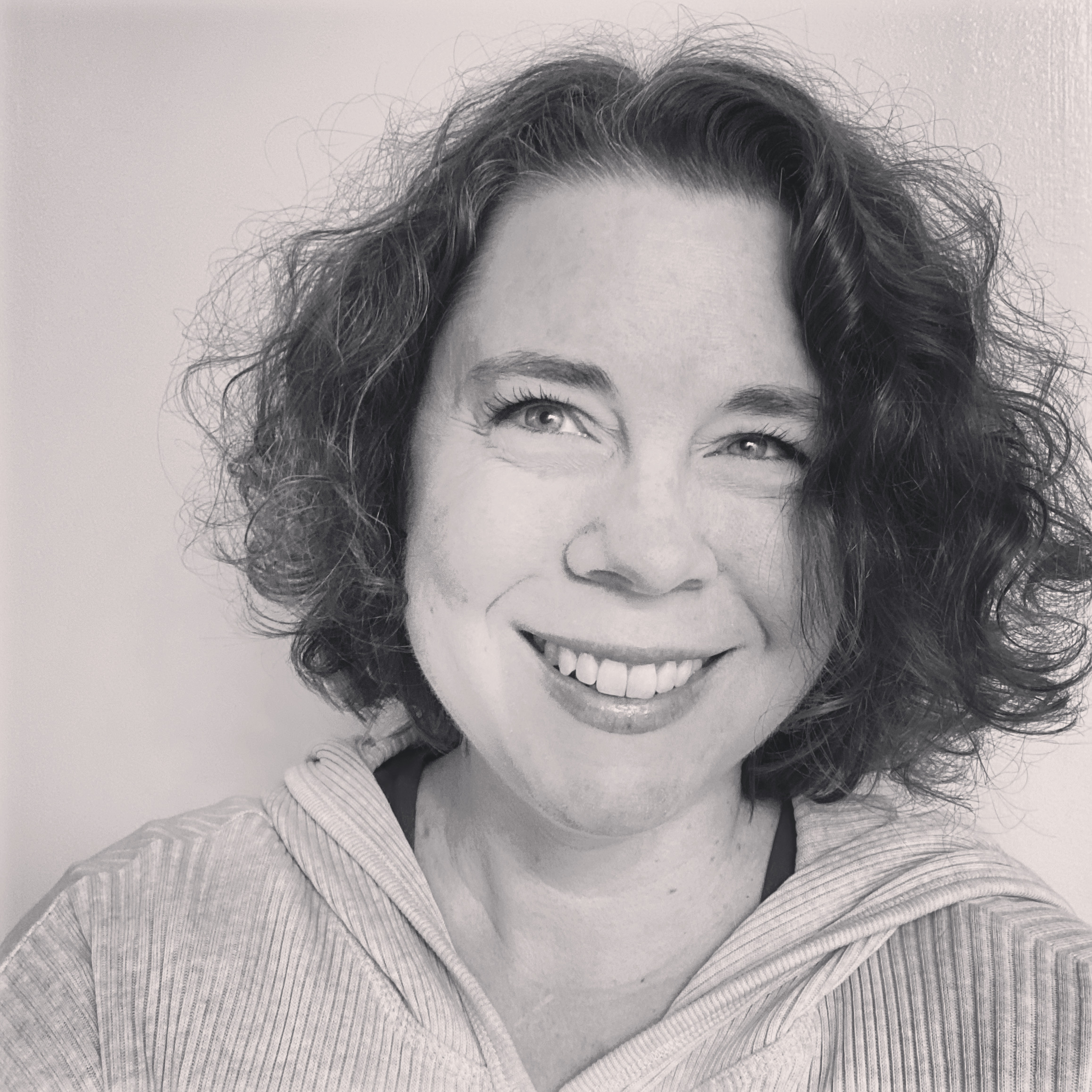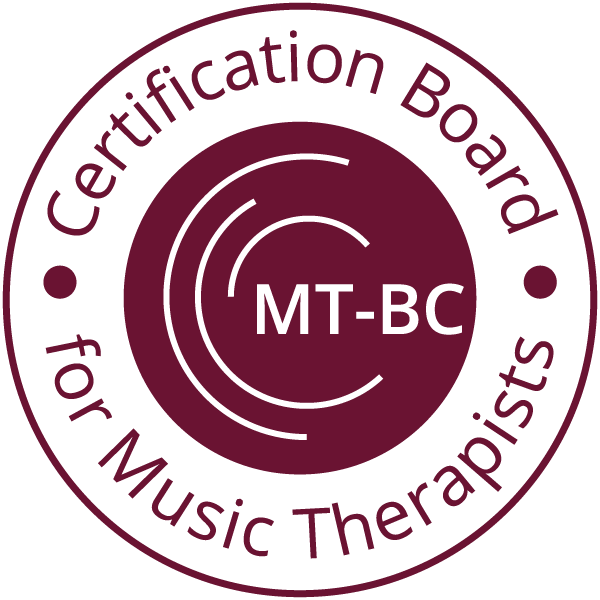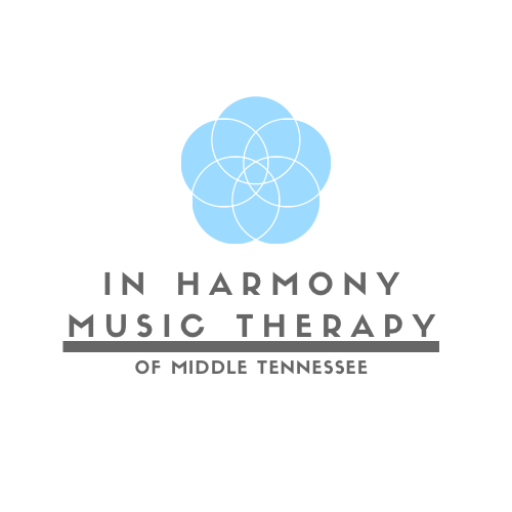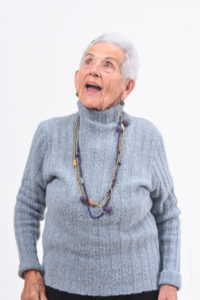
In March of this year, I received a referral to assess an 83 year old woman who had had a stroke which effected the speech areas in her brain causing global aphasia. Global aphasia is characterized by a severe impairment across all language modalities. Individuals have very poor comprehension, may be nonverbal, or produce verbal stereotypies (non-communicative repetition of syllables or words such as ‘to-ko to-ko’).
Upon assessment, Mae (name changed for privacy), had full use of her arms and legs, but showed impaired understanding of following one to two step directions, forming correct words, and reading phrases correctly, but could sing most of a simple common folk song, Oh When the Saints Come Marching In. During the initial assessment session, Mae’s daughter, listening within ear shot of the session, said that was the most language she had heard from her mom since the stroke. Mae’s assessment showed she would be a good candidate for Melodic Intonation Therapy (MIT) and subsequent Musical Speech Stimulation (MUSTIM). Both therapies take a functional phrase, such as, “How Are You Doing?’ and put it to a simple melodic phrase, hum it, sing it, have the client sing it, and then repeated the process to where you can gradually fade it to natural speech. Mae has done quite well with her MIT and MUSTIM to where I often come into our session and naturally say, “How are you dong, today?” and she can say, “I’m Fine” or “I’m terrific!” Collaborating also with her Speech and Language Therapist, the therapist reports that Mae has scored higher on repetition of phrases which a person with global aphasia sometimes cannot do without mixing up speech in the process. After almost 12 weeks of therapy, Mae can say a list of 20 phrases in repetition, and with little musical cuing!
Lately, I have been working on Mae’s cognition and response by asking, “What do you say when you greet someone?” Answer: “How are you doing?” We have also moved on to working on more expressive speech using Therapeutic Singing (TS) techniques. Mae looks at a picture and is asked, “Tell me about what you see in the picture.” This are familiar pictures attached to familiar songs, like all the things mentioned in the song, My Favorite Things, from The Sound of Music (Roses, Kittens, Dogs, etc…) Although, Mae is still working on strengthening her expressive language, singing and making music has been a key to help make new neural connections and rehabilitate her working memory and cognition. She is making progress towards her goals!
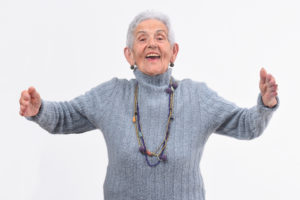
Music Therapy for Stroke Rehabilitation can also work on other physical effects caused by stroke. Recently, I took a specialized training in Neurologic Music Therapy and now hold the distinction of “Neurologic Music Therapist” (NMT). This training is the result of over 25+ years of research into the science of music and the brain. This training allows me to utilize many research based neurologic music techniques to help specialize my music therapy more fully to specific neurological impairments caused by stroke, Parkinson’s Disease, traumatic brain injuries, dementia, and intellectual and developmental delays and disabilities associated with ASD, Cerebral Palsy, and Down Syndrome. This list is not exhaustive of how neurologic music therapy can help with rehabilitation.
Check out these short videos on YouTube to see Neurologic Music Therapy in action from some of my colleagues in the field.
Melodic Intonation Therapy with Therapeutic Singing: Much like Mae and I do together. Her progress has been similar:
Neurologic Music Therapy with Patient with Left Neglect: This patient had a stroke which effected her ability to see and notice things to the left her visual field, even though her eye sight was fine.
Rhythmic Auditory Stimulation for Walking: This video shows how the beat of music can help entrain the brain to the beat of music to help with walking stride issues due to the effects of stroke.
As you read this, if you have someone in mind who could use this information, or would like a consultation regarding Neurologic Music Therapy for Stroke Rehab, feel free to reach out to me at carrie@inharmonymusicmidtn.com or call 615-390-3207 or sign up for a free 30 minute consultation.
I also love referrals for all ages and stages of life!
Be well and join the harmony!
-Ms. Carrie
Carrie Friddell, MT-BC, NMT
